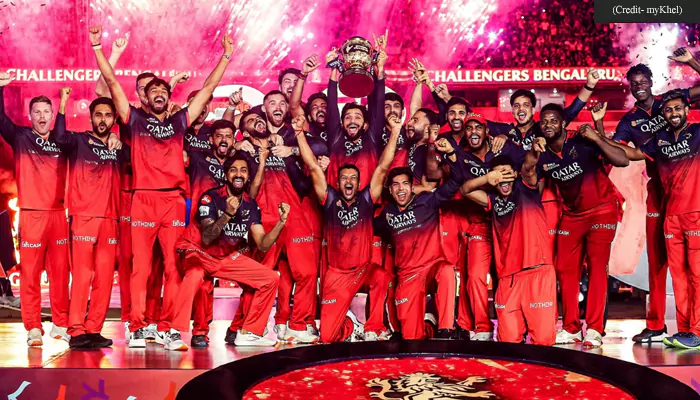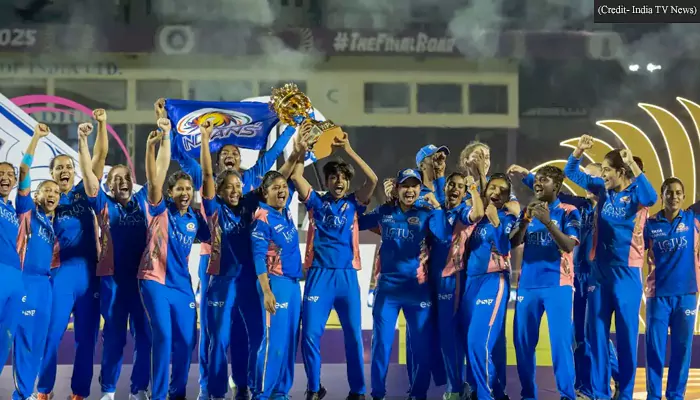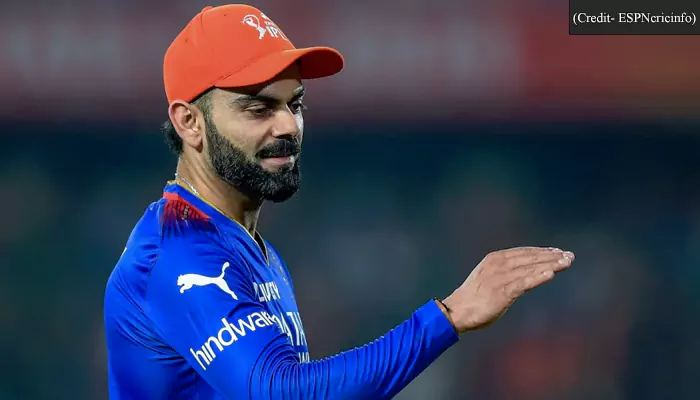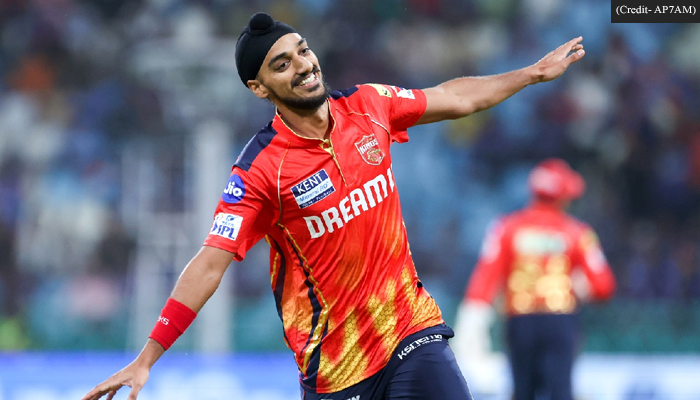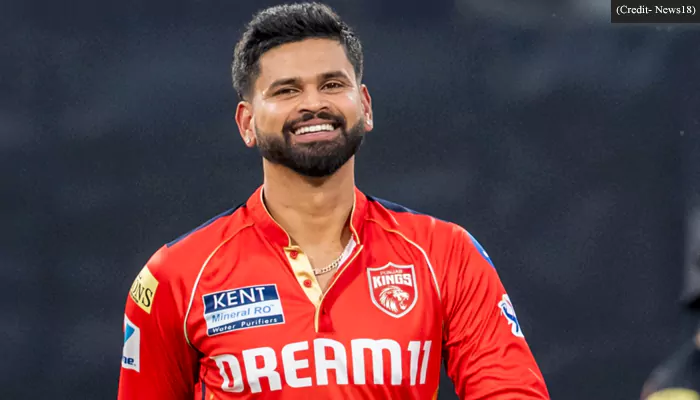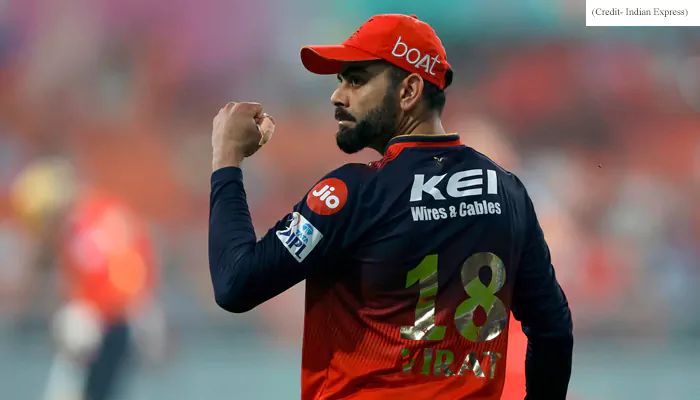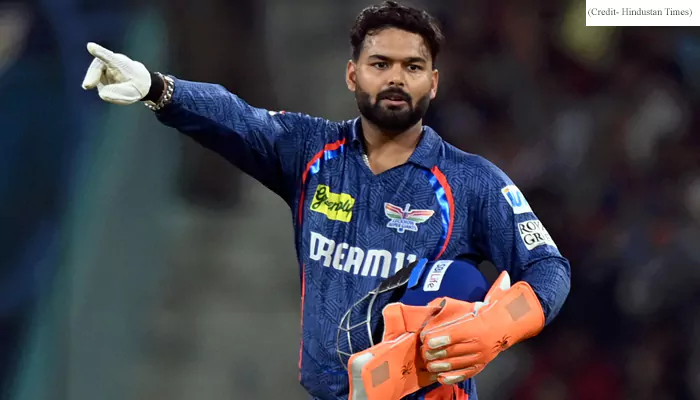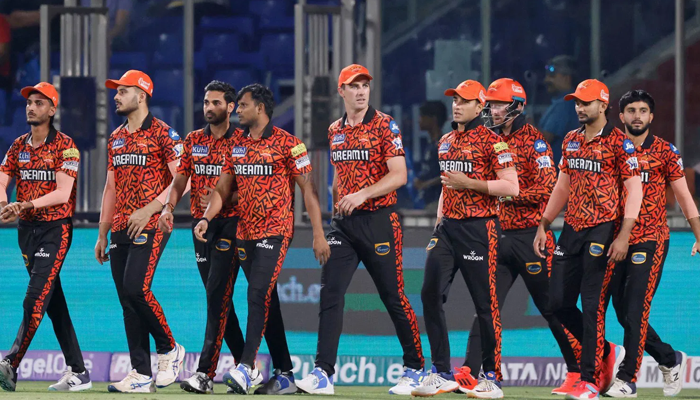The First World Cup Champions? Women's Cricket Takes the Crown!
- Sanchari Das
- 1 year ago
- 4 minutes read

The 1973 Women's World Cup followed a round-robin format
Cricket is often addressed as the gentlemen’s game but it was women's cricket, not the men's game that first introduced the concept of a World Cup to the world. Played in England, the first-ever World Cup across sports was a cricket World Cup played by women in 1973, two years before the men’s cricket World Cup that took the sport and its audience by storm.
The teams and Sir Jack Hayward's contribution
The 1973 Women's World Cup featured seven teams: Australia, England, an International XI, Jamaica, New Zealand, Trinidad & Tobago, and Young England. British businessman Sir Jack Hayward, a key promoter of women's cricket, generously sponsored the tournament with £40,000. His support made the first-ever Cricket World Cup possible and provided the iconic trophy, significantly elevating women's cricket on the global stage.
The idea for the Women's World Cup began in 1971 when businessman Jack Hayward and cricketer Rachael Heyhoe Flint brainstormed it in Wolverhampton. Their late-night discussions shaped the foundation of the 1973 Women's World Cup, which Racheal Heyhoe Flint would later captain England to win. This visionary effort marked a groundbreaking moment for women's cricket, setting the stage for future World Cup tournaments.
The round-robin tournament and historic final
The 1973 Women's World Cup followed a round-robin format. Australia topped the table with four wins and one abandoned match, while England also won four games but lost to New Zealand. This set the stage for a de facto final between England and Australia. Held at Edgbaston, Birmingham, England secured a 92-run victory, becoming cricket's first-ever World Cup champions.
#OnThisDay in 1939, a legend of women's cricket was born.
— ICC (@ICC) June 11, 2018
Rachael Heyhoe Flint was England's captain when they won the first Women's World Cup in 1973, and she hit the first six in women's Test cricket.
The ICC Award for female cricketer of the year is named in her honour. pic.twitter.com/abeVVOctZJ
Enid Bakewell: Star of the tournament
Enid Bakewell was the top performer, scoring 264 runs with an average of 88.00. Her two centuries were crucial for England's success. Bakewell reflected fondly on her father witnessing her century and Princess Anne's presentation of the trophy. Her outstanding contribution was later recognised with an MBE, and she praised Heyhoe Flint's passion for women's cricket.
Off to Edgbaston for exciting filming with Enid Bakewell & @eve_jones11 to mark 50yrs since 1st Cricket World Cup (men or women) & celebrate the summer ahead
— Georgie Heath🎙️ (@GeorgieHeath27) February 16, 2023
Enid was tournament leading run scorer (264) plus made 118 & took 2/28 in the final at Edgbaston
1973 CWC was won by🏴 pic.twitter.com/6NjIHwAZxs
Lynne Thomas' contribution
Lynne Thomas, another key player for England, was the second-highest run scorer of the tournament, with 263 runs. She fondly remembered the honour of representing England and Wales and cherished the sporting spirit of the tournament. Beyond the competition, she valued her friendships and shared memories, like holding the Cup and meeting Princess Anne.
On this day 50 years ago England's women played their first ODI, beating an International XI in the opening match of the inaugural World Cup at Hove. Openers Lynne Thomas and Enid Bakewell (pictured in 2017 between Sarah Taylor and Caroline Atkins) both scored hundreds (MCC) pic.twitter.com/LW9WdQ0XRj
— Historic Cricket Pictures (@PictureSporting) June 23, 2023
Trinidad & Tobago's captain reflects
Louise Browne, captain of Trinidad & Tobago, reflected on the tournament's significance for women's cricket in the Caribbean. Despite her team finishing fifth, the event raised awareness of the sport back home. The exposure Trinidad & Tobago, Jamaica, and other Caribbean nations received helped inspire future generations of female cricketers.
Australia's perspective: Jennings and Tredrea
Margaret Jennings of Australia described the 1973 World Cup as an invaluable experience. For her, it was a once-in-a-lifetime opportunity to compete internationally. Sharon Tredrea echoed her teammate's thoughts, describing the tournament as a critical milestone for women's cricket. Despite Australia's final loss, the competition set the stage for future success.
The media attention surrounding the 1973 Women's World Cup brought much-needed recognition to the women's game. Although Australia lost the final, the tournament was a massive leap forward for women's cricket. It laid the foundation for international competitions and encouraged professional sports careers, helping it gain global respect.

